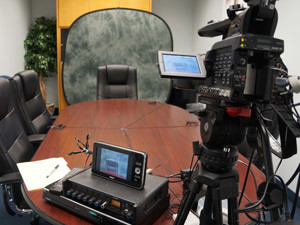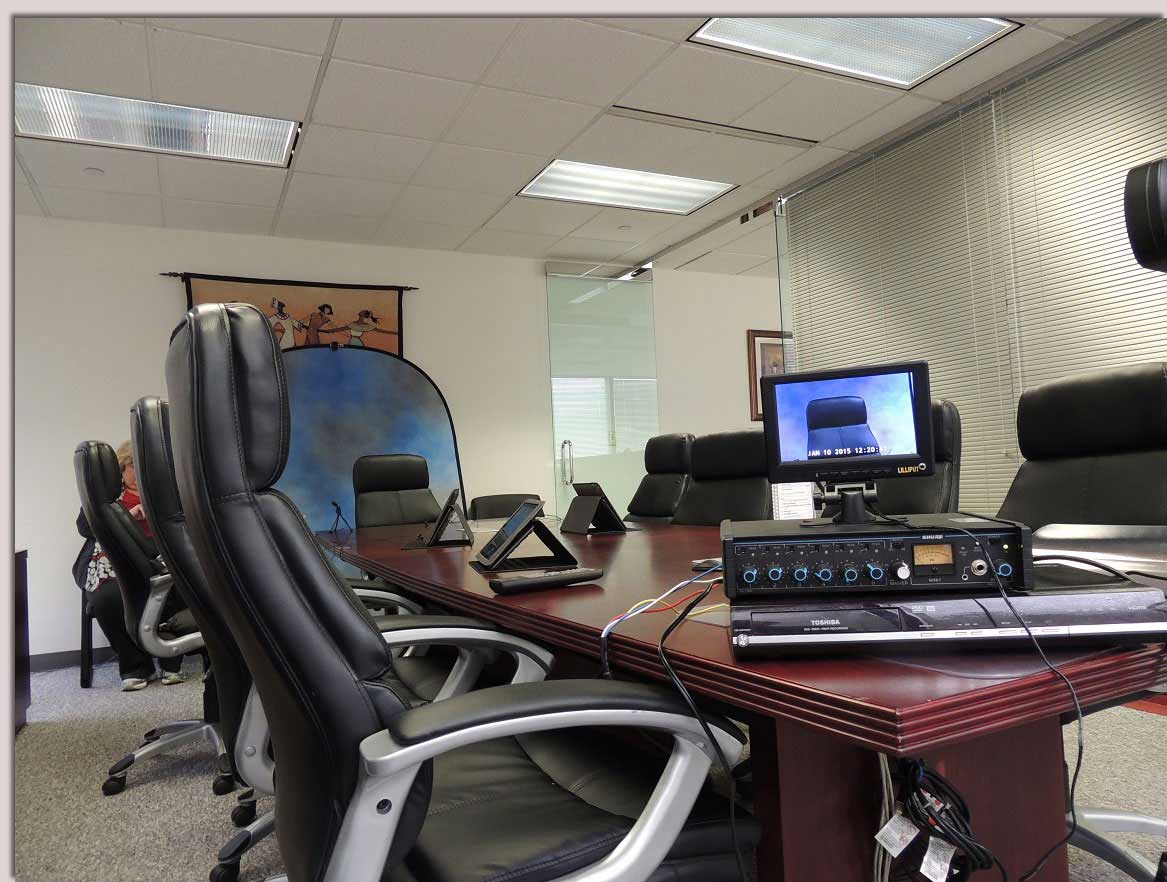Reliable Legal Videography for Hearings.
Reliable Legal Videography for Hearings.
Blog Article
The Function of Legal Videography in Depositions and Tests
Legal videography has arised as a vital device in both depositions and trials, giving a multifaceted strategy to documenting witness testimonies. By recording not just the spoken word but likewise the nuances of non-verbal communication, this tool boosts the credibility of testimonies and maintains essential evidence for future process (legal videography). As lawyers progressively identify its worth, it triggers a much deeper examination of how these aesthetic documents can influence juror perceptions and test results. What ramifications might these growths hold for the future of legal practice?

Value of Legal Videography
Lawful videography plays a critical duty in the documents and discussion of depositions and tests. This specialized field integrates technological skills with lawful expertise to produce a dependable document of procedures that can significantly influence instance results. The aesthetic element of lawful videography boosts the understanding of witness statement, permitting jurors and judges to observe not just the spoken words however also the disposition, feelings, and body movement of the witnesses.
In enhancement, lawful videography offers an unbiased account of events, lessening the possibility for misinterpretation that can occur with created records alone. This visual paperwork works as a crucial tool throughout trial discussions, facilitating a clearer and more influential narrative for both complainants and defendants. Additionally, the capacity to replay video sections throughout court procedures allows legal groups to emphasize bottom lines, reinforcing their arguments efficiently.
The value of lawful videography prolongs past the court room; it likewise plays an important duty in maintaining proof for future recommendation, whether for appeals or further lawful activity. As such, its integration into the lawful procedure is essential for guaranteeing a reasonable and accurate depiction of the facts, inevitably adding to the pursuit of justice.

Process of Legal Videography
While catching the nuances of depositions and tests, the procedure of lawful videography entails several essential steps that ensure top notch, precise recordings. At first, an expert lawful videographer prepares by examining the situation materials and recognizing the details requirements of the deposition or trial. This preparation consists of familiarizing themselves with the participants and the context, which aids in capturing significant details.
On the day of the recording, the videographer establishes the required tools, which commonly consists of high-def cams, microphones, and correct lighting. Making sure optimal angles and audio high quality is essential, as it directly influences the effectiveness of the recording. The videographer connects with attorneys and participants to establish methods, making certain that every person recognizes the recording process.
Throughout the deposition or trial, the videographer diligently records the proceedings, paying attention to both verbal and non-verbal cues. This includes recording the attitude and reactions of witnesses and lawyers. After the session concludes, the videographer might edit the video footage for quality and conformity with legal criteria, producing a last item that precisely mirrors the procedures for future reference and use in legal contexts.
Advantages in Depositions
The incorporation of videography in depositions uses numerous advantages that enhance the see this total procedure of collecting evidence. One primary benefit is the capacity to catch witness testaments with visual and acoustic integrity, giving a more precise depiction of the witness's behavior, tone, and body movement. This multidimensional strategy permits attorneys and courts to examine reliability much more successfully than conventional written transcripts alone.
Additionally, videographed depositions act as a powerful tool for protecting testimony. Must a witness ended up being inaccessible for trial, their videotaped deposition can be played in court, making certain that their evidence continues to be available and appropriate. This element significantly minimizes the threat of shedding critical info that can influence case results.

Finally, videography boosts the general expertise of the deposition procedure, instilling self-confidence in customers pertaining to the thoroughness of their legal depiction (legal videography). By leveraging modern technology, lawyers can considerably improve the efficiency of depositions
Influence On Trials
In several trials, the assimilation of videography can substantially influence the presentation of proof and the jury's perception. Legal videography catches witness testimonies and vital evidence in a dynamic layout, permitting jurors to engage with the product on multiple levels. This visual part boosts the storytelling element of a test, giving context and psychological vibration that traditional text-based evidence may lack.
Furthermore, video recordings can work as powerful devices for impeachment during cross-examination. When disparities occur between a witness's prior additional hints declarations and their court room testimony, video clip evidence offers an unbiased recommendation that can guide jurors' opinions. This immediacy and clearness can bolster the reputation of a party's story while at the same time threatening opposing arguments.

Future Trends in Legal Videography
As we look towards the future of legal videography, numerous emerging patterns guarantee to reshape its role within the court. One considerable pattern is the assimilation of man-made intelligence (AI) in video analysis and editing. AI can enhance the process of recognizing crucial minutes in tape-recorded depositions, permitting attorneys to quickly access pertinent web content, thus boosting efficiency in situation prep work.
Furthermore, the increase of virtual truth (VR) and enhanced truth (AR) technologies is anticipated to change exactly how jurors experience proof. legal videography. By immersing jurors in a simulated atmosphere, these innovations can give a much more extensive understanding of complex situations, bring about more educated considerations
Moreover, the increasing need for remote depositions, sped up by the COVID-19 pandemic, will likely proceed. Lawful videographers will certainly require to adapt to new software and systems to make certain high-grade recordings in online setups.
Finally, the growing emphasis on data security will necessitate stricter protocols for storing and sharing video evidence. As the legal landscape evolves, lawful videographers need to remain abreast of these patterns to maintain their significance and efficiency in the judicial process.
Final Thought
In summary, lawful videography serves a crucial function in the judicial procedure, improving the honesty of depositions and tests. As technology continues to advance, lawful videography is positioned to additional change its duty within the legal landscape.
Report this page